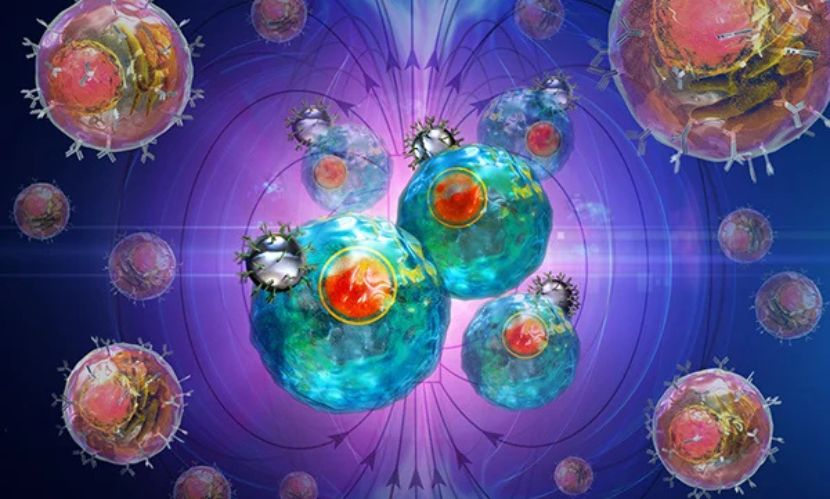Understanding the mindset of drug addicts is crucial in helping them recover from addiction. Drug addiction is a complex issue influenced by biological, psychological, and social factors. To assist someone battling addiction, it is important to understand their perspective and the underlying reasons for their dependency. In this article, we will delve into the mindset of drug addicts, explore the challenges they face, and highlight effective ways to help them on the road to recovery.
What Drives Drug Addiction?
Drug addiction often begins as an escape from pain, stress, or trauma. Addicts may turn to substances as a coping mechanism, seeking relief from emotional or physical struggles. Over time, the repeated use of drugs alters the brain’s chemistry, creating a dependency that is difficult to break.
Here are some common drivers of addiction:
- Emotional Pain: Many addicts use drugs to numb feelings of sadness, anxiety, or depression. They may feel trapped in a cycle of negative emotions and see substances as their only relief.
- Peer Pressure: For some, drug use begins as a social activity. Being part of a group that uses substances can make individuals feel accepted, even if it leads to addiction later.
- Trauma and Stress: Past experiences of abuse, neglect, or significant stress can push individuals toward drug use. Drugs may offer a temporary escape from painful memories or overwhelming situations.
- Biological Factors: Genetics can also play a role. Some people may have a predisposition to addiction, making them more vulnerable to substance abuse.
- Curiosity and Experimentation: Especially in young people, curiosity about drugs can lead to experimentation, which can spiral into addiction.
The Mindset of Drug Addicts
Drug addiction changes how individuals think and perceive the world. Addicts often experience:
1. Denial
Many drug addicts struggle to admit they have a problem. They may justify their usage, claiming they can quit anytime or that their drug use is under control. This denial is often a barrier to seeking help.
2. Shame and Guilt
Feelings of shame and guilt are common among addicts. They may feel embarrassed about their addiction and fear judgment from others, which can prevent them from reaching out for support.
3. Desperation
As addiction progresses, many addicts feel trapped in their behavior. They may want to quit but feel powerless to do so, leading to frustration and hopelessness.
4. Dependency
Drug addiction creates a physical and emotional dependency. The brain’s reward system becomes hijacked, making the addict crave the substance just to feel normal.
5. Fear of Withdrawal
Withdrawal symptoms can be intense and debilitating. The fear of these symptoms often drives addicts to continue using, even when they want to stop.
6. Isolation
Addicts often withdraw from friends and family, feeling misunderstood or judged. This isolation can worsen their condition and create a cycle of loneliness and drug use.
Challenges Faced by Drug Addicts
Drug addicts face numerous challenges that make recovery difficult, including:
- Physical Dependence: Overcoming the body’s reliance on drugs can be physically painful and emotionally taxing.
- Stigma: Society often stigmatizes addiction, labeling addicts as weak or immoral, which can discourage them from seeking help.
- Mental Health Issues: Many addicts struggle with co-occurring mental health conditions, such as depression or anxiety, which complicate their recovery.
- Lack of Support: Without a strong support system, addicts may feel alone and unable to cope with the challenges of recovery.
How to Help Drug Addicts
Supporting someone with a drug addiction requires empathy, patience, and understanding. Here are some effective ways to help:
1. Encourage Open Communication
Create a safe space where the addict feels comfortable sharing their feelings and struggles. Avoid judgment and focus on listening to their perspective.
2. Educate Yourself
Learn about addiction and its effects. Understanding the science behind addiction can help you empathize with the addict’s experience and offer more informed support.
3. Seek Professional Help
Encourage the addict to seek help from medical professionals, therapists, or rehabilitation centers. Professional treatment can address both the physical and psychological aspects of addiction.
4. Offer Emotional Support
Reassure the addict that they are not alone and that recovery is possible. Provide encouragement and remind them of their worth and potential.
5. Set Boundaries
While supporting an addict, it is important to set healthy boundaries. Avoid enabling their behavior and focus on encouraging positive changes.
6. Suggest Rehabilitation Centers
Rehabilitation centers offer structured programs to help addicts detox and rebuild their lives. These centers provide medical care, therapy, and support groups to guide individuals through recovery.
7. Be Patient
Recovery is a journey that takes time. Understand that there may be setbacks along the way, and remain patient and supportive throughout the process.
Why Choose Nasha Mukti Kendra in Chandigarh for Drug Addiction Treatment?
If you or someone you know is struggling with drug addiction, professional help is essential. Nasha Mukti Kendra in Chandigarh is one of the best options for addiction treatment. They offer comprehensive programs tailored to the individual’s needs, including detoxification, counseling, and aftercare support.
Their team of experienced professionals provides compassionate care in a supportive environment, ensuring that every patient receives the help they need to overcome addiction. With proven success in helping individuals recover, Nasha Mukti Kendra in Chandigarh is a trusted choice for those seeking a path to a drug-free life.
Take the first step toward recovery today by reaching out to Nasha Mukti Kendra in Chandigarh. Help is just a call away, and a brighter future awaits.
Read This Article – How to Combat Distractions and Improve Employee Focus



